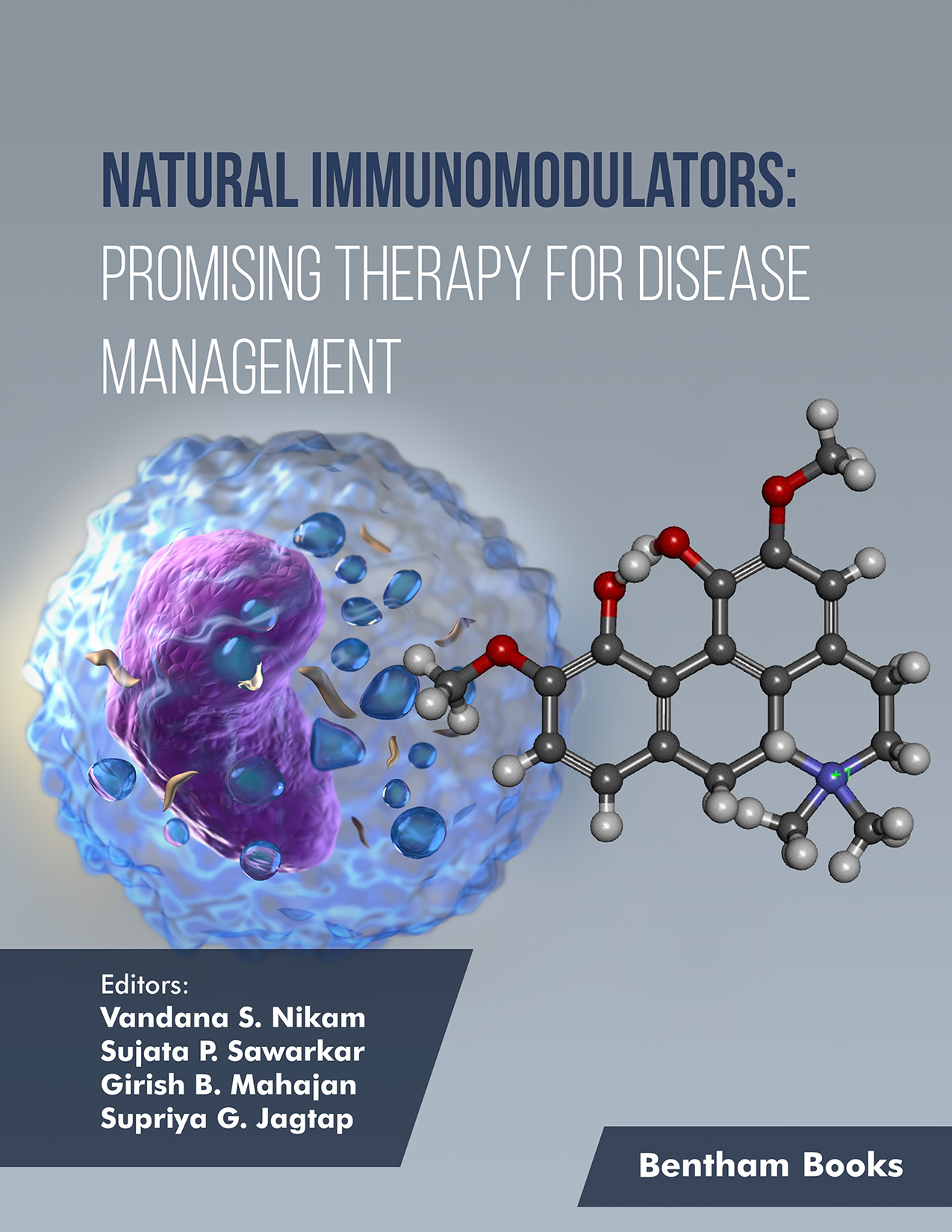Introduction
Natural Immunomodulators: Promising Therapy for Disease Management discusses the use of natural immunomodulators as a promising therapy for managing various diseases.
The book begins with an introduction to the immune system and the ways in which it can be modulated. This is followed by a discussion on the various diseases and disorders associated with the immune system, including autoimmune disorders, allergies, and immune deficiency conditions.
The natural sources of immunomodulators, including plants, herbs, and other natural substances is also explained along with the importance of standardizing natural immunomodulator drugs, including the methods used to ensure their quality and consistency.
The book also delves into the chemistry and analytical techniques used to study immunomodulators, clinical and pre-clinical bioassays. The next couple of chapters focus on the use of natural immunomodulators in cancer, the therapy of cancer and infectious diseases. Drug delivery and the strategy and regulatory perspective for natural immunomodulators. The final 2 chapters round up the contents with information about synthetic immunomodulators and the future perspective for the use of immunomodulators in disease management.
Natural Immunomodulators: Promising Therapy for Disease Management is a comprehensive guide to the use of natural immunomodulators as a therapy for various diseases, and is a valuable resource for professionals and students interested in this topic. The book is aimed at health care professionals such as medical doctors, nurses, pharmacists, and life science and nutritionist professionals, as well as students.
Audience
Health care professionals such as medical doctors, nurses, pharmacists, and life science and nutritionist professionals, as well as students.

